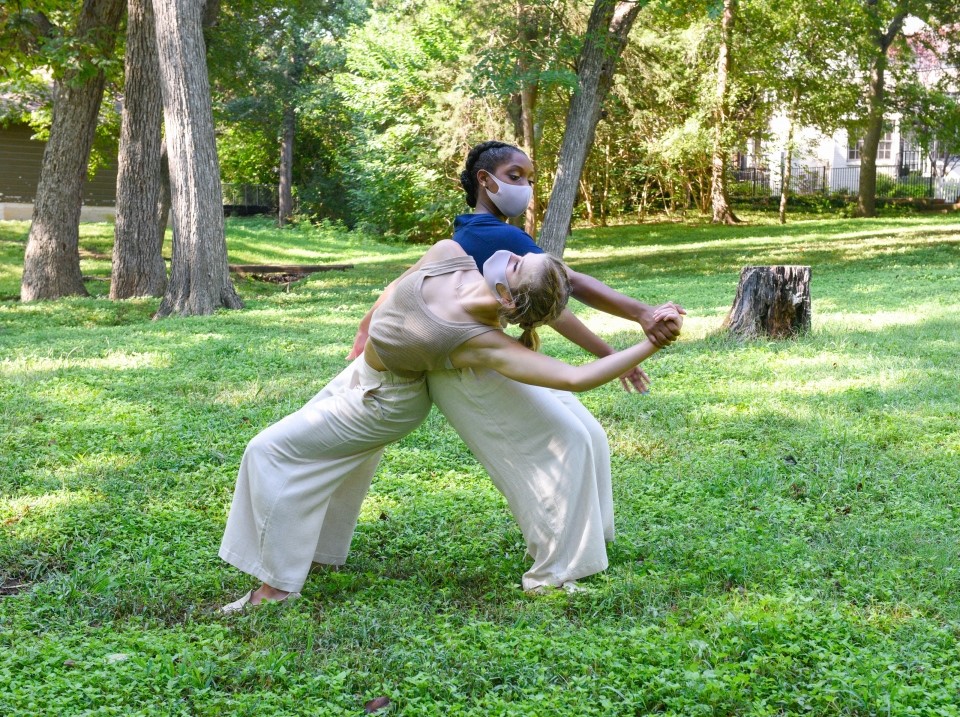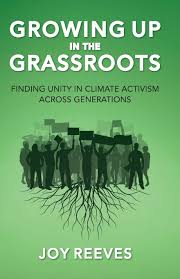Jennifer Atkinson collaborates with youth/teen climate activists
IAS faculty member Jennifer Atkinson collaborated this fall with youth theater groups and young climate writers to explore the emotional impact of our climate crisis. For the newest dramatic production created by Cry Havoc Theater Company in Dallas, Texas, Atkinson contributed a series of interviews based on her work helping students navigate eco-anxiety and climate despair. The resulting piece, titled Endlings, is Cry Havoc’s fourth verbatim production, and is being presented as an audio play recorded in true 3-dimensional sound with a binaural microphone.
The project’s director, Mara Richards Bim, spent several weeks outdoors collecting audio recordings of the natural world, and the resulting sound design immerses the audience in nature. The play weaves together first-person interviews with experts and activists like Atkinson, individuals living on the front lines of climate change, and conversations between the teens of Cry Havoc Theater. Endlings was released alongside five original short films and an interactive website to engage audiences in the ongoing conversations generated by the play.

In a review of the play posted on Theater Jones, theater critic Janice Franklin writes:
The title [“Endlings”] was chosen because it fit what the students argue is at the core of concern about climate change. When a species disappears except for one specimen, the one remaining is an endling. Central to the cast’s argument is that we should view climate change through grieving of lives lost, inclusive of all life forms, not just humans. As one line expresses, “A whole species leaving means something. How important is it to take care of the last one?”
In a second collaboration, Atkinson provided a series of interviews about climate anxiety to Joy Reeves, a student, environmental advocate, and climate communicator. Reeves wove these conversations into a new book, Growing up in the Grassroots: Finding Unity in Climate Activism Across Generations. The book asks readers to consider the following question: How do I best facilitate conversations on climate change with people from a different generation — or political background — than my own?
Growing Up in the Grassroot seeks to answer this question as Reeves explores the intergenerational and partisan misunderstandings she witnesses regularly in her environmental science and policy career. The book brings together the stories of people from all ages and walks of life, including educators like Atkinson, younger climate activists, older policy makers, and communities on the frontlines who are increasingly experiencing direct impacts of climate disasters.

